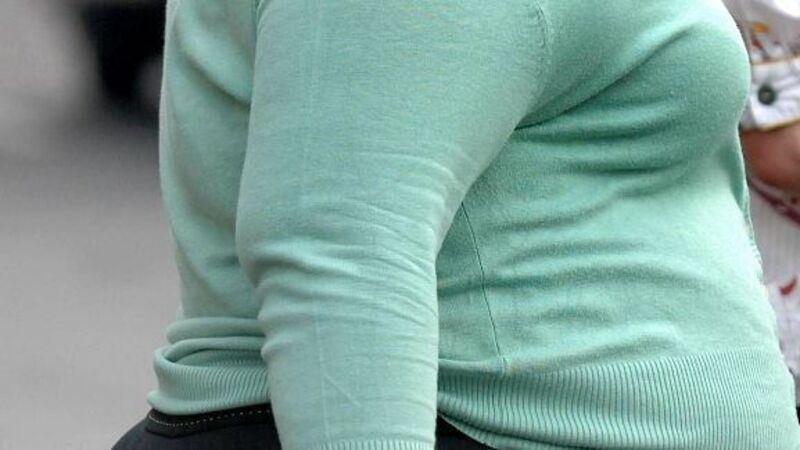Obese women urged to lose weight before pregnancy

An academic review by three universities in Ireland, Britain, and Sweden warns that pregnant obese women and their babies face increased health risks.
Problems can include gestational diabetes, high blood pressure, pre-eclampsia, and depression. Obese women are also at risk of higher levels of instrumental and caesarean birth and surgical site infection,.













